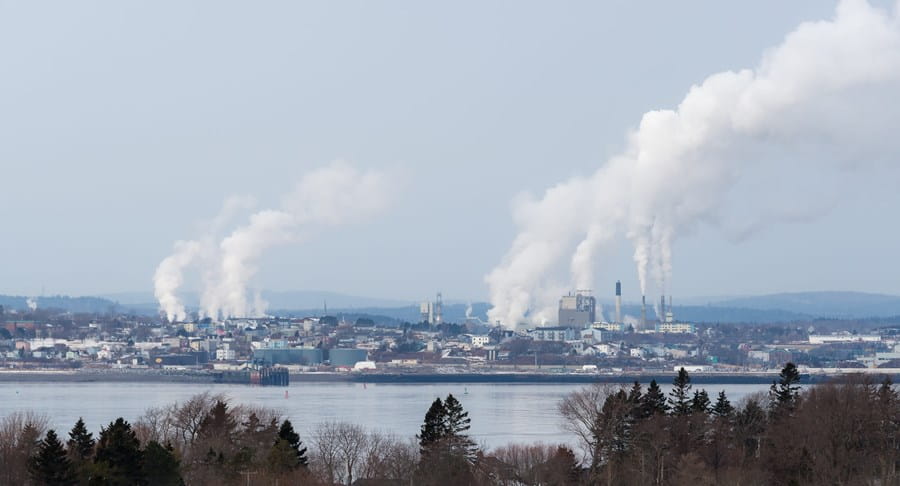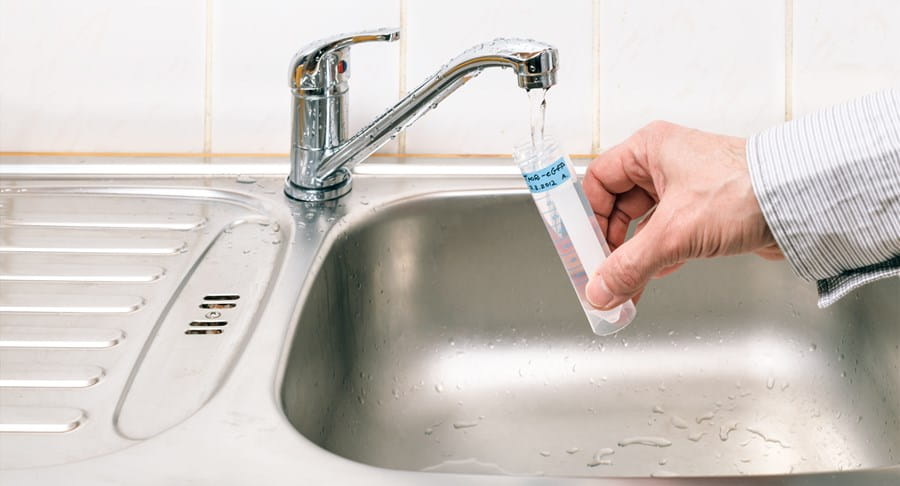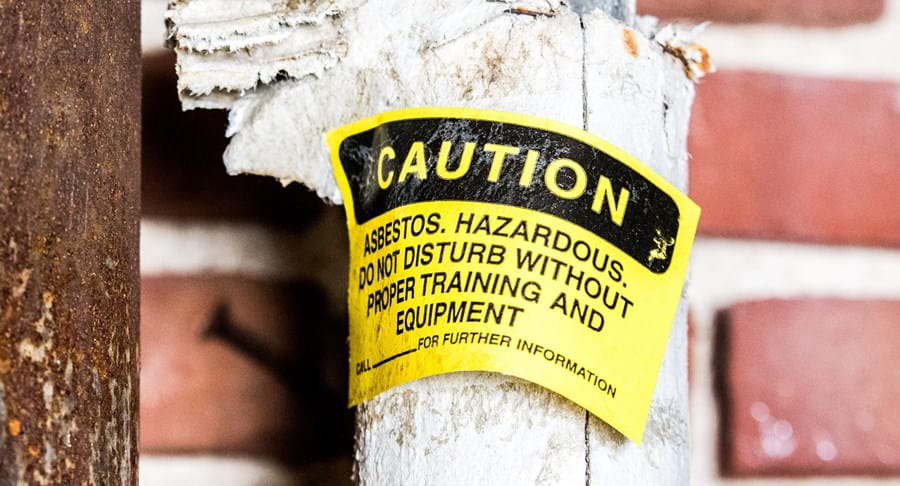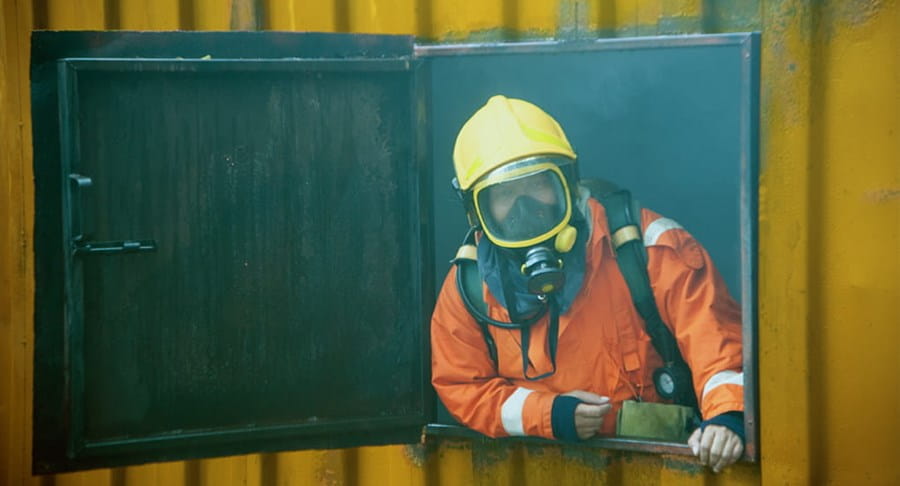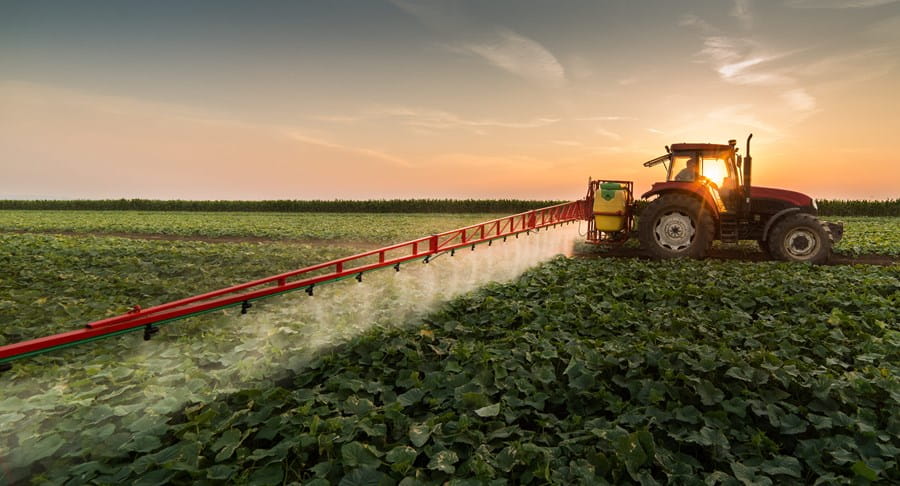Know your environment
Many Canadians are worried about whether anything around them can cause cancer. Any substance that is known to cause cancer is called a carcinogen.
The Canadian Cancer Society shares your concerns. We believe that you shouldn’t be exposed to carcinogens at work, at home or in the environment. But we need a lot more research to help us understand what is and what isn’t linked to cancer. If you are being exposed to cancer-causing substances, we believe that you have a right to know.
Carcinogens should be removed or replaced with safer options. If it’s not possible to get rid of a carcinogen or find something safer, it’s important to reduce the amount of exposure to as low as reasonably achievable or reduce the time you spend around it as much as possible.
We need a lot more research to help us understand what is and what isn’t linked to cancer. But the link between some harmful substances and cancer is clear. In this section, you’ll find lots of information about how to protect yourself from carcinogens.
Learn about carcinogens in your environment
Air pollution
Arsenic
Asbestos
Formaldehyde
Medical radiation
Some medical imaging tests and some types of cancer treatment use ionizing radiation. Often the benefits of exposure outweigh the risks.
Radon
Other
Researchers are continuously studying to determine if other substances increase cancer risk.
Your trusted source for accurate cancer information
With support from readers like you, we can continue to provide the highest quality cancer information for over 100 types of cancer.
We’re here to ensure easy access to accurate cancer information for you and the millions of people who visit this website every year. But we can’t do it alone.
Every donation helps fund reliable cancer information, compassionate support services and the most promising research. Please give today because every contribution counts. Thank you.


